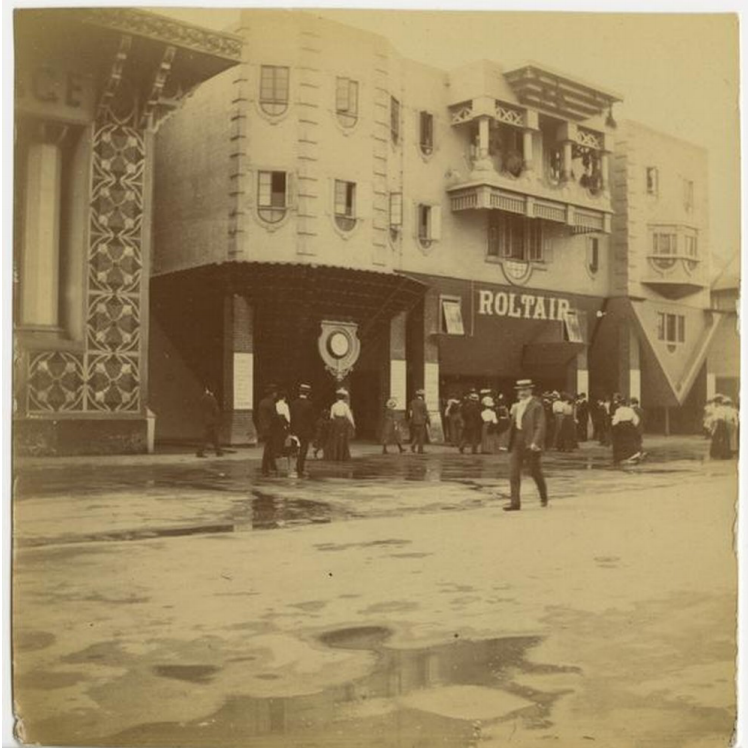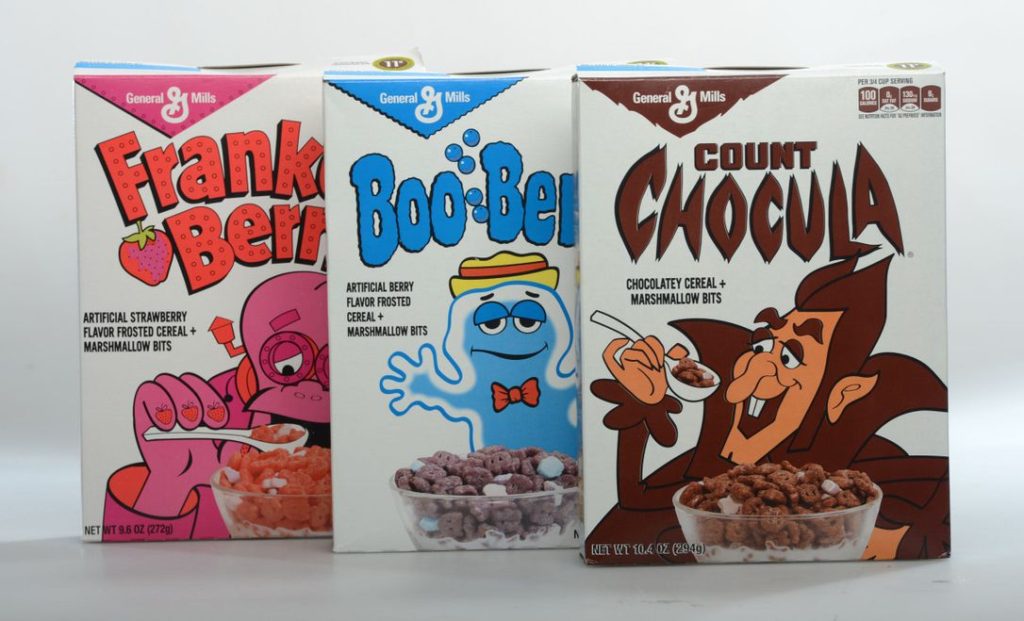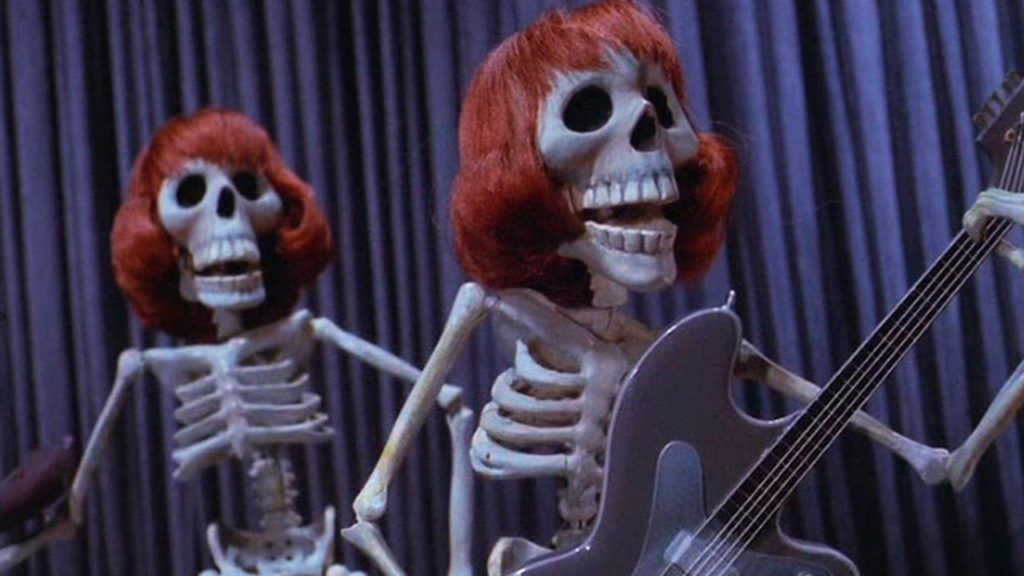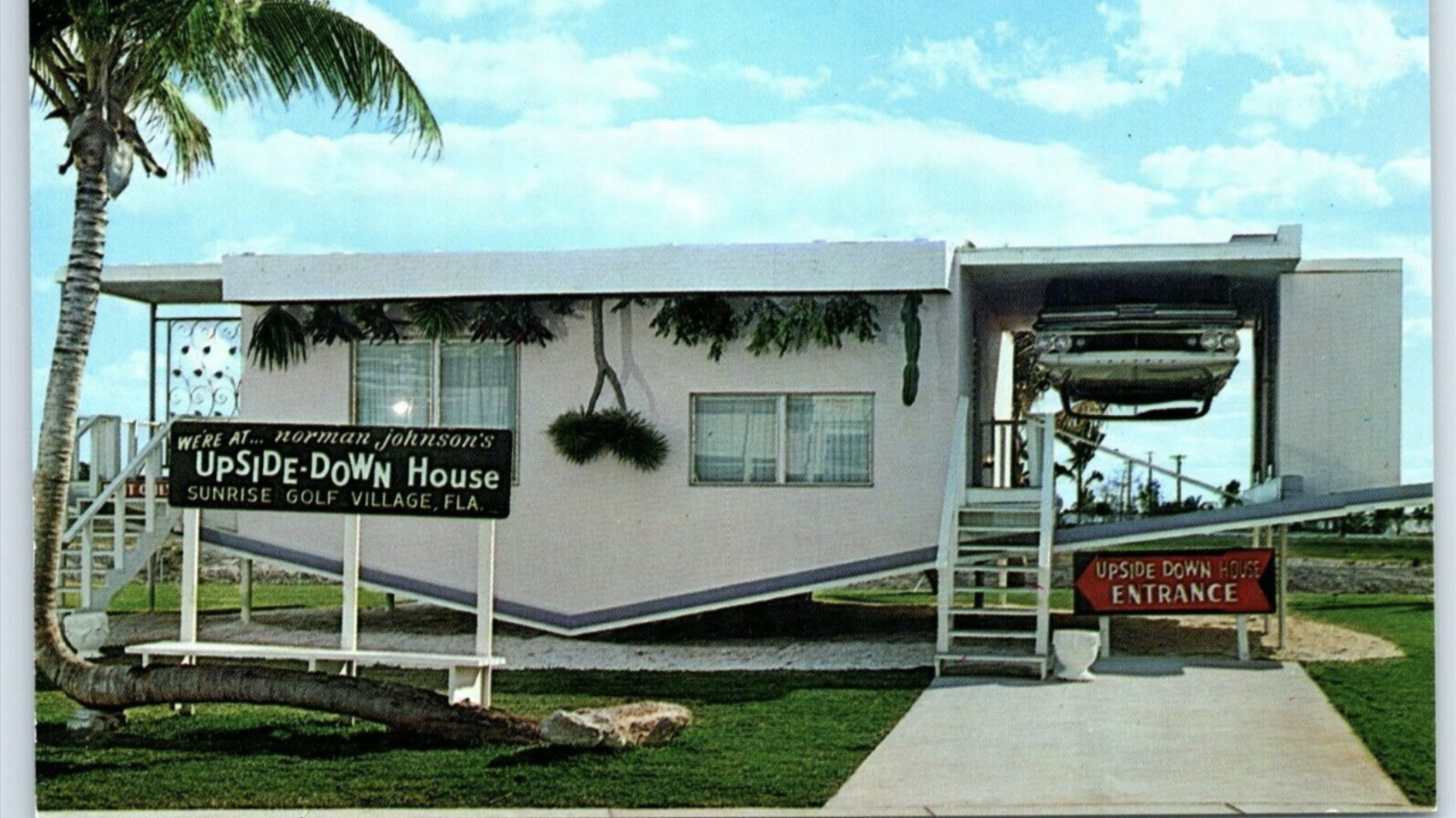
On Sarah Kane, The Telegraph’s Charles Spencer wrote “Severed Limbs Don’t Make You Cutting Edge”, decrying what he perceived to be the use of excess and obscenity in the place of discursive substance. One might only imagine his horror, then, at Derek McCormack’s latest closet-drama and literary object, Castle Faggot, which is rife with (among other things) meaningless limbs, corpses, feces, puppets, bodily fluids, haunted houses, and breakfast cereal. A performance skeleton so foul, that it was briefly (despite a reputable publisher, MIT Press’ Semiotext(e)/Native Agents) banned from Amazon for obscenity.
Castle Faggot, released in the twilight hours of 2020, is a drama in five parts. The book features: A map of the theme-park the castle resides in, a souvenir photobook from the castle, instructions for the castle dollhouse, a novelization of a puppet-play holiday special, and an afterwards from McCormack’s peers Dennis Cooper and Zac Farley.
In this profile I refer to the work as a closet drama and literary object because it exists as both. It is a performance text written to be read rather than staged and an artifact that necessitates muscular interaction with its existence. Such interface isn’t unfamiliar to McCormack who, prior to the text’s release, sold miniature excerpts of the work packaged inside envelopes of cereal. The envelopes also contained temporary tattoos and were hidden in hollowed-out books which were, in turn, shipped in slipcases made up as cereal boxes, which is to say that part of what makes McCormack so discernably a closet-dramatist (in both senses of the phrase) is his ability to curate a theatrical experience not only in the text but also in its intended mode of consumption.

McCormack, however, is more frequently titled “novelist” and “short story writer” than “dramatist.” Favoring parsimony, independent presses, and themes of vintage pop culture and sexual perversity, he published his first book, Dark Rides, in 1996 and has since released a steady stream of works which, despite favorable reviews, remain generally cloistered to smaller presses and avoidant of the commercial book market. He exists among a cohort of queer and transgressive Canadian writers that includes Dennis Cooper of The George Miles Cycle, and stylistically writes as something of a marriage of Kathy Acker, John Waters, and the Marquis de Sade.
In 2008, McCormack began a series of works that would muddy the line between novel and play-script with The Show That Smells, a piece crediting a ‘director’ and ‘cast’ (Joan Crawford plays Carrie Rogers) and featuring a narrative that teetered on the edge of novel and performance-skeleton. The Show That Smells was followed by The Well Dressed Wound, which had a foot more firmly in traditional drama; it began with a description of the “play” that was to follow (the show is staged at Barnum’s American Museum on Broadway) and featured acts, scenes, stage directions, and dialogue. In linear thinking, then, his next work would be the most traditionally theatrical of this exploration. This is not the case with Castle Faggot, however. The text exists as something of a closet closet-drama: a work once-removed from closet-drama but nonetheless made performative by its structure and by the required athleticism of reading it. It falls into McCormack’s unique brand of pseudo-drama; a mix of traditional conventions mixed with a Borgesian novel of removal and illusion.
Castle Faggot consequently exists as a play that cannot be staged without the assistance of the consumer. It relies on the innate individualization of closet drama to exist.
Castle Faggot is most transparently theatrical in its fourth part, entitled “Rue du Doo” (French for “Street of Doo”) which serves as a novelization of a puppet-play holiday special. There are acts, scenes, dialogue, commercial breaks, songs, and laugh-track-moments, all described in thrifty present-tense, third-person language. In this structure the reader becomes complicit in the staging of the play, having to mentally recreate the performance for themselves from description. Such interaction is also required of the less-inherently-theatrical souvenir sections of the book; the photobook is blank, leaving the reader to imagine the horrifying images of the castle, and the map, despite having a detailed key, is similarly empty. Castle Faggot consequently exists as a play that cannot be staged without the assistance of the consumer. It relies on the innate individualization of closet drama to exist. In the most flamboyant example of this necessitated interaction, for example, Act-Two of the holiday special is printed upside-down and meant to be read from right-to-left – a move evocative of Henry Roltair’s upside-down-house, which is featured in the narrative.
The story of Castle Faggot is a familiar one made grotesque. In-world, Walt Doody is the owner of a theme-park enterprise. The titular castle exists as the centerpiece of one of the parks, a place designed for gay men and modeled after “Monstermartre”, Paris. The castle itself is owned by a scatological Count Chocula knock-off and decorated with the self-martyred corpses of its visitors. We learn that the holiday special was made as a guerilla advertisement for the castle’s toys and cereal (as Rudolph was for “the idea of Christmas” and General Electric.) and features the voices of Rip Taylor, Phyllis Diller, Jonathan Winters, and Paul Lynd. Like his aforementioned contemporary Kathy Acker, McCormack projects the puppet-play through a sort-of postmodern kaleidoscope which shatters adaptation and pop culture among autobiography. The play is a purposefully schlocky and puerile retelling of The Wizard of Oz via Rudolph the Red-Nosed Reindeer and is populated with parodies of famous breakfast cereal mascots, the French Decadents, astronomer John Dee, Coco Cannel, and by McCormack himself, who doesn’t yet know he’s a puppet. It coalesces into a work of rage and repulsion by way of Hanna-Barbera.

The filth, ignobleness, and scatological poor taste that pervade the book cannot be overstated here. It is of the school of Sontag/Waters “camp” which Ryan Murphy and the Met Gala have not yet been invited to. This extremity is part of what keeps McCormack’s work in the preverbal closet of ‘closet drama’ and, in the case of Castle Faggot, what led to the aforementioned controversy with Amazon.
Covid-19 has necessitated a reappraisal of our forms of consumption for drama; it’s illuminated the closet drama as a medium which both privatizes the theatrical experience and makes it collaborative between author and audience.
About a week after the text’s publication, there arrived a conspicuous error-page in place of the book’s information on the Amazon website. The ban remains still largely unreported, but it was confirmed by McCormack via social media on December 2nd. The work’s page returned to functionality later in the month with no comment by Amazon, and the exact reason for the reversal of decision is yet unknown. It is likely in no small part, however, due to lobbying from McCormack, MIT Press, and their collective readership. McCormack is of a cohort not unfamiliar with difficult battles around obscenity. In 2016, Dennis Cooper’s blog received an infamous and unexpected removal, which in turn prompted a New York Times piece from Roxanne Gay. Both bans invite longer, more involved conversation, surely. In the case of Castle Faggot, it is at the very least an advertisement for buying from independent booksellers.
Covid-19 has necessitated a reappraisal of our forms of consumption for drama; it’s illuminated the closet drama as a medium which both privatizes the theatrical experience and makes it collaborative between author and audience. With Castle Faggot, McCormack has done for the closet drama what Fake Friends did for the Theater of the Ridiculous with Circle Jerk; he conducts a meta-saturated, postmodern shattering of the form that holds a keen awareness of its conventions and history. There is a salve perhaps, in this module of drama to the chasm between the interiority of the modern novel and sorely missed collectivity of live theater. Both exist in Doodyland, for those who can stomach it: a volatile interiority and something of a known collaborative experience. Just don’t tell Charles Spencer.
To learn more about The Civilians and to access exclusive discounts to shows, join our email list at TheCivilians.org.
Author
-

James La Bella (he/him) is a writer and performer from New England. He earned his BFA from Emerson College, with additional coursework completed at Harvard University. Jameslabella.com
View all posts









